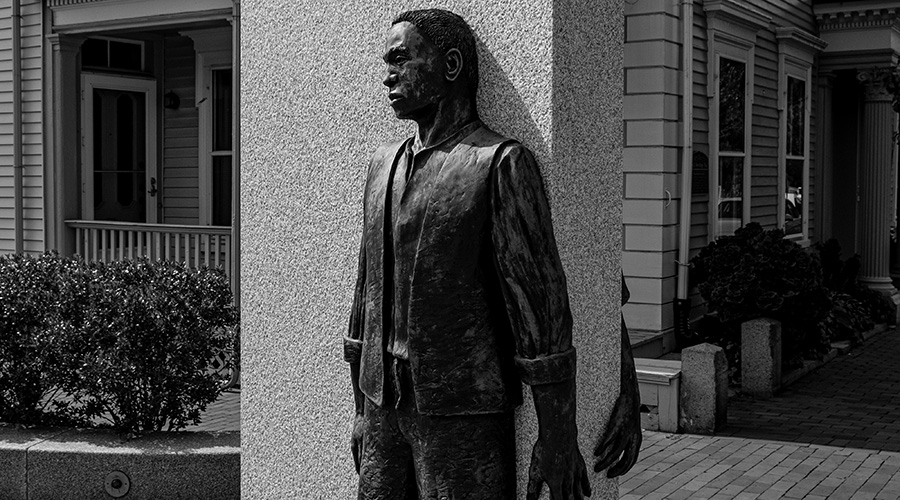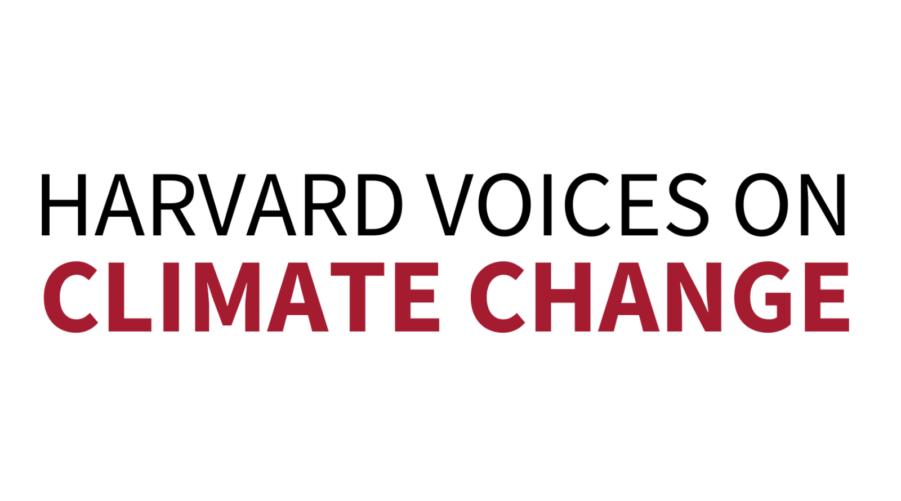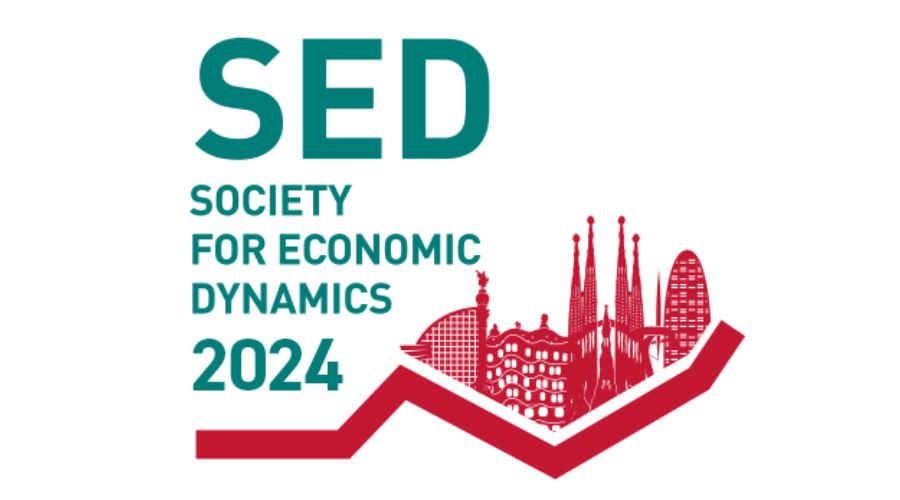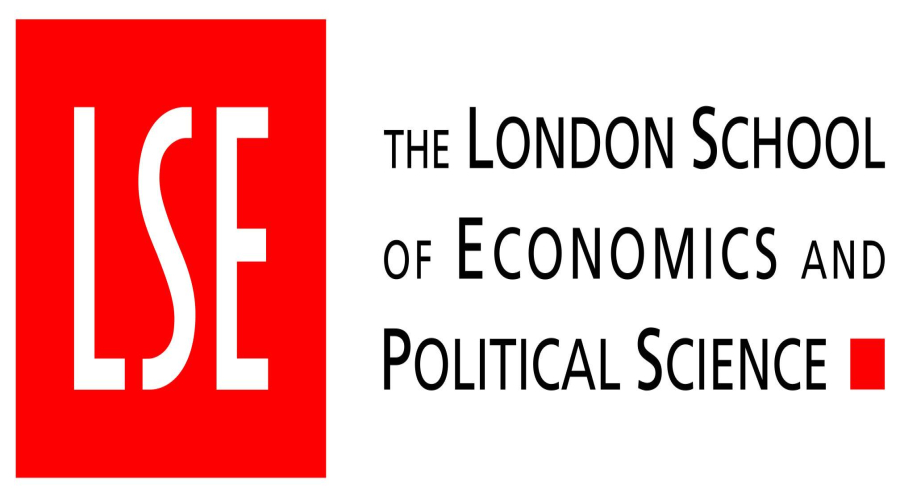Working Papers
Browse all our working papers.

Emotions and Policy Views
This paper investigates the growing role of emotions in shaping policy views. Analyzing social citizens’ media postings and political party messaging over a large variety of policy issues from 2013 to 2024, we document a sharp rise in negative emotions, particularly anger. Content generating anger drives significantly more engagement. We

Emotions and Policy Views
This paper investigates the growing role of emotions in shaping policy views. Analyzing social citizens’ media postings and political party messaging over a large variety of policy issues from 2013 to 2024, we document a sharp rise in negative emotions, particularly anger. Content generating anger drives significantly more engagement. We
All Working Papers
- Author(s): Eva Davoine, Stefanie Stantcheva, Thomas Renault, Yann Algan
This paper investigates the growing role of emotions in shaping policy views. Analyzing social citizens' media postings and political party messaging over a large variety of policy issues from 2013 to 2024, we document a...
- Author(s): Joshua Schwartzstein, Marcella Alsan, Stefanie Stantcheva
Personal lethal firearm ownership has for several decades been a hot button political issue in the United States. This article aims to explore the motivations and beliefs underlying sharply different views on the subject through...
- Author(s): Pierfrancesco Mei, Roberto Colarieti, Stefanie Stantcheva
This paper studies how and why households adjust their spending, saving, and borrowing in response to transitory income shocks. We leverage new large-scale survey data to first quantitatively assess households’ intertemporal marginal propensities to consume...
- Author(s): Nathan Nunn, Sahil Chinoy, Sandra Sequeira, Stefanie Stantcheva
We investigate the origins and implications of zero-sum thinking -- the belief that gains for one individual or group tend to come at the cost of others. Using a new survey of a representative sample...
- Author(s): Alberto Alesina, Matteo Ferroni, Stefanie Stantcheva
We investigate how respondents perceive racial inequities between Black and white Americans, what they believe causes them, and what interventions, if any, they think should be implemented to reduce them....
- Author(s): Stefanie Stantcheva
I study how people understand and reason about trade, and what factors shape their views on trade policy....
- Author(s): Stefanie Stantcheva
Using large-scale online surveys and experiments on representative U.S. samples, we study how well people understand, reason, and learn about four economic policies: i) Personal income taxation, ii) Estate taxation, iii) Health insurance, and iv)...
Updates, Events & News
Updates & Events
News
Tim Hartford: Stefanie Stantcheva’s economic survey of US citizens deserves the acclaim it has received
Founder of Harvard’s Social Economics Lab on a mindset held across the bipartisan divide
Inflation has come way down in the past two years. But the issue might have decided the recent presidential election, and its effects still weigh on many Americans.
Even inflation this low could feed consumer frustration, workplace friction and an inflationary psychology
Gains for women aren’t losses for men and the opposite is also true. Shifting from competition to collaboration makes progress a win-win for all.














